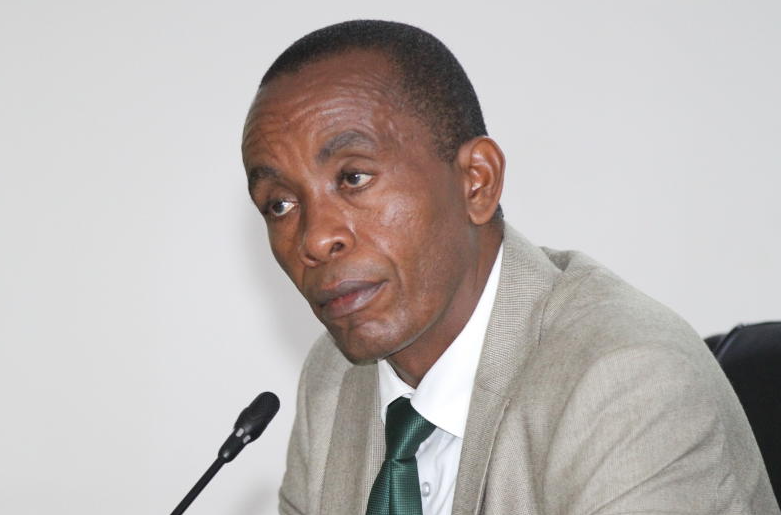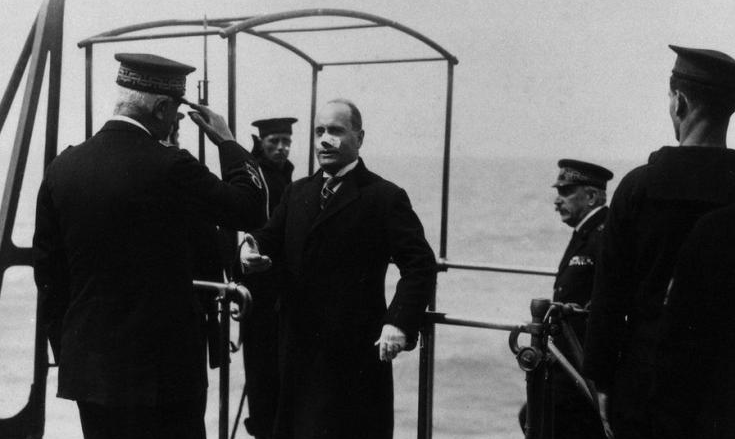We must all rise and stop this form of modern slavery perpetrated by relatives.
Solomon the Preacher in the book of Ecclesiastes 4: 1. Wrote:
‘And again I saw all oppressions that are practiced under. And behold, the tears of oppressed, and they had no one to comfort them!’
There is a trend going on in this country and it too is a form of oppression that stinks to high heaven just like opportunities or lack of them that President Barack Obama highlighted when he said that a child in Nyanza is three times likely to die of a disease than a child from Central province and that a girl in rift valley has a high chances of not to going to school compared to one in Nairobi despite them being equal in dignity before God. This article is about the latter.
Giving opportunities to such children to continue with their secondary education must be allowed contrary to driving them to resort to slavery. This modern kind of inhuman treatment is ironically perpetrated by relatives in the name of helping.
It is an oppression aptly captured by Majorey Oludhe Macgoye in her poem, A freedom Song about a girl called Atieno. Though written years back, this poem is a reflection of today. So many poor children from Kenyan rural homes find themselves as child laborers in houses in the cities. These children go through horrific ordeals that sometimes make me shed tears when they narrate to me their tales. But as a small time philanthropist, there is only so much I can do.
There are some relatives from Western Kenya, Nyanza to be precise, who occasionally travel back home mostly in December. While at home they get to remember their siblings or their brothers’/sisters’ children who were orphaned when their parents died. Around table meetings 'Duol' in Luo, (meetings held by the fireside) they are called to discuss the fate of one or two of these children.
Some of these children are very brilliant, having performed well in class 8 but have no means of continuing with their education. Then one or two of the cousins and uncles working in Nairobi offer to travel back with the child to take her/him to school. As soon as they reach Kibera, Kayole, or Kariobangi, it dawns on the hopless children that that is as far they could go.
Once in the city, majority of these children end up being turned into house helps and nothing more is discussed about their education which was the main reason they were picked from their homes. Back home everybody else knows Atieno or Wafula is in school, paid for by the aunt or uncle. It is until a visit by another uncle, an aunt or one of the so called loud mouthed village mate travels back to the rural when the people back home get to know that all along Atieno was a baby sister to her Aunt or uncle’s wife.
This is well demonstrated by the transition rate figures shown by UNESCO Institute for Statistics on Education Statics in Kenya published in May 2008. The transition rate from primary to secondary education level is merely 35.7% among the poor compared to the 67.8 among the rich.
Some of them who happened to get admitted to secondary school, the first fees installment becomes the last. What follows is a game of cat and mouse with the guardians to pay school leave alone buying learning materials. When they finally catch up and corner them, they have the audacity to tell them that they also have their own to educate. These children go to school in tartars: torn shirts, sweaters and yawning shoes; they are never allowed to participate in anything like extra curricula in school, not even academic based clubs.
These guardians never attend parents meetings, but where they do they are the ones who complain loudest and would go as far as trying to rally the other parents to reject school policies like clubs and academic tours. This is so because of two reasons: One, the guardians would want these children to be home early to do the house chores, pick their kids from daycare centers or take them to the daycare centers before they come to school in the morning by which time they would arrive at school late an get punished.
Second, some clubs request parents to contribute for tours, now if you want a third world war to start send such a child with a letter to the guardians asking for such contributions. Their approach to teacher is as uncouth as they can come with some cheap English picked from the streets.
Statistically there are several children who drop out of school in spite of the free primary education and subsidized secondary education. In spite the of the recorded 84% completion rate in Primary school in Kenya in 2010, the same cannot be said of secondary completion rate. The 2012 Economic Survey shows that approximately 30 per cent of primary school pupils fail to transit to secondary schools. While there are several reasons attributed to this, the major one in Nyanza is poverty and the HIV aids prevalence raving a large swath of the region. A comparison of the drop our rate between rural and urban secondary schools in 2003 showed the urban dropout rate is relatively higher at 30.3% and 29.6% rural. Of the figures making up the urban dropout rate is a group that ought to be in school but are forced to drop out after relatives brought them to the city and abandoned them. These children go through harrowing experiences in the hands their relatives that sometimes force them to go back to the rural and get married off for girls as was recently shown by one of the leading national television about girl in Seme Location in Kisumu County. In Migori County which trails the other Nyanza counties at 69.5% (The Nyanza province Multiple Indicator Cluster Survey (MICS) 2011, by Kenya National Bureau of Statistics in collaboration with County and Provincial administration) primary completion rate, girls as young as 15 years of age are wives and mothers; most of them are forced into early marriage 19.3% married before the age of 15, forced labor with rural Nyanza at 52.9% of Child labor or become prostitutes in towns or criminals out of desperation after unfulfilled promises of secondary education.
This is the group my heart bleeds out for and makes be repeat, if you cannot pay for their school fees, do not bring them to the city. Do not turn innocent children to into your domestic slaves!
Stay informed. Subscribe to our newsletter
 The Standard Group Plc is a
multi-media organization with investments in media platforms spanning newspaper
print operations, television, radio broadcasting, digital and online services. The
Standard Group is recognized as a leading multi-media house in Kenya with a key
influence in matters of national and international interest.
The Standard Group Plc is a
multi-media organization with investments in media platforms spanning newspaper
print operations, television, radio broadcasting, digital and online services. The
Standard Group is recognized as a leading multi-media house in Kenya with a key
influence in matters of national and international interest.
 The Standard Group Plc is a
multi-media organization with investments in media platforms spanning newspaper
print operations, television, radio broadcasting, digital and online services. The
Standard Group is recognized as a leading multi-media house in Kenya with a key
influence in matters of national and international interest.
The Standard Group Plc is a
multi-media organization with investments in media platforms spanning newspaper
print operations, television, radio broadcasting, digital and online services. The
Standard Group is recognized as a leading multi-media house in Kenya with a key
influence in matters of national and international interest.





